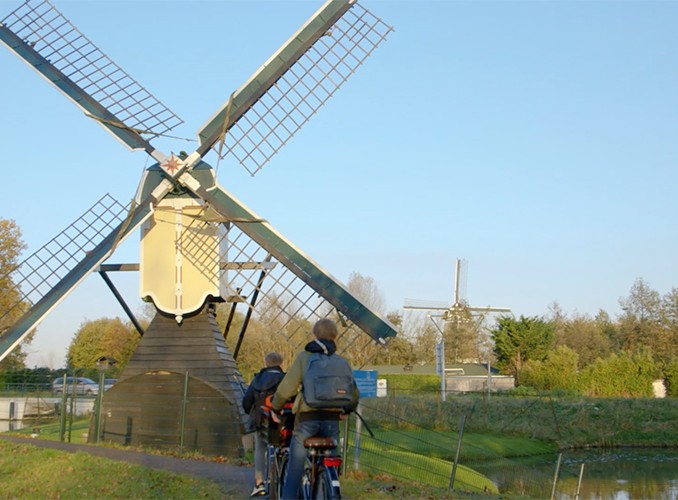New Dutch law on matrimonial property puts an end to the ‘community of property’
We are on the threshold of one of the biggest changes ever to be made to the system of matrimonial property law here in the Netherlands: the principle of the ‘general (or full) community of property’ is about to be scrapped.
On 28 March, the upper house of the Dutch parliament adopted (albeit by only a very narrow majority) a proposal first submitted in 2014, providing for a change in the law on matrimonial property. The new regime now looks set to take effect on 1 January 2018.
The old situation: anyone marrying without a prenuptial agreement is assumed to enter into a ‘general community of property’
The Dutch system of a ‘general community of property’ is the odd man out in Europe. It is based on a very powerful principle: from the very moment that the marriage is solemnised, the assets of both spouses – and their liabilities – are assumed to form part of a community of property, i.e. to be jointly owned. In other words, a community of property may include both a sum of money that one spouse inherits from a grandparent and a debt owed by the other spouse on account of a long-forgotten student loan.
The new regime puts an end to this system
The scrapping of the old regime on matrimonial property brings Dutch law into line with other European countries. The new law is based on the principle that only those items that the spouses acquire during the course of their marriage form part of a community of property. In other words, the community of property is a limited rather than a general community.
We have written an article entitled ‘New Dutch matrimonial property regime: a ‘limited community of property’, explaining all about the new law on matrimonial property, what a ‘limited community’ exactly means, and what the difference is between a limited and a general community.
More information about the law on matrimonial property?
If you have any questions or if you’d like to find out more about how the new Dutch law may affect your own personal situation, please feel free to get in touch with me or one of my colleagues.






